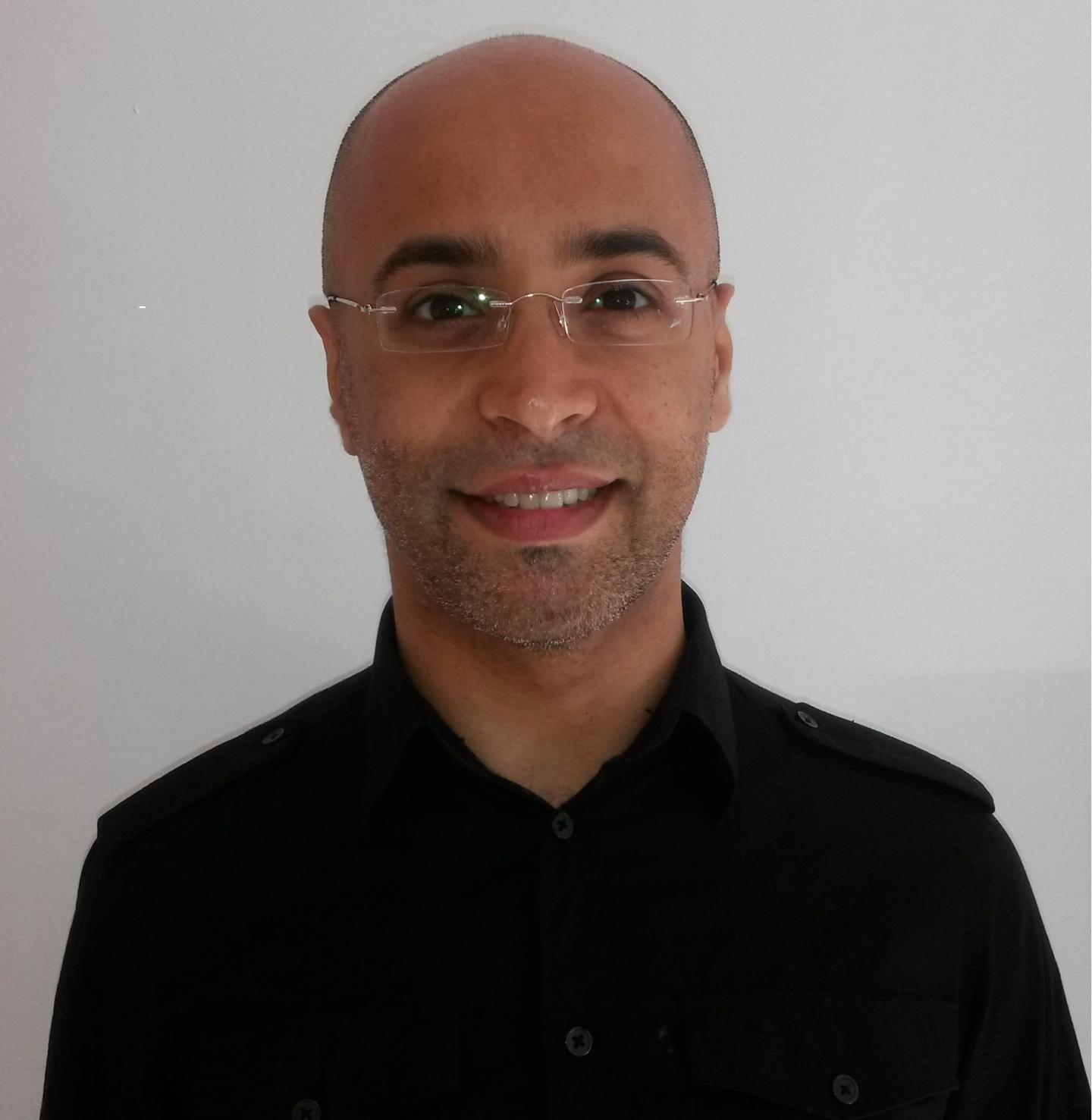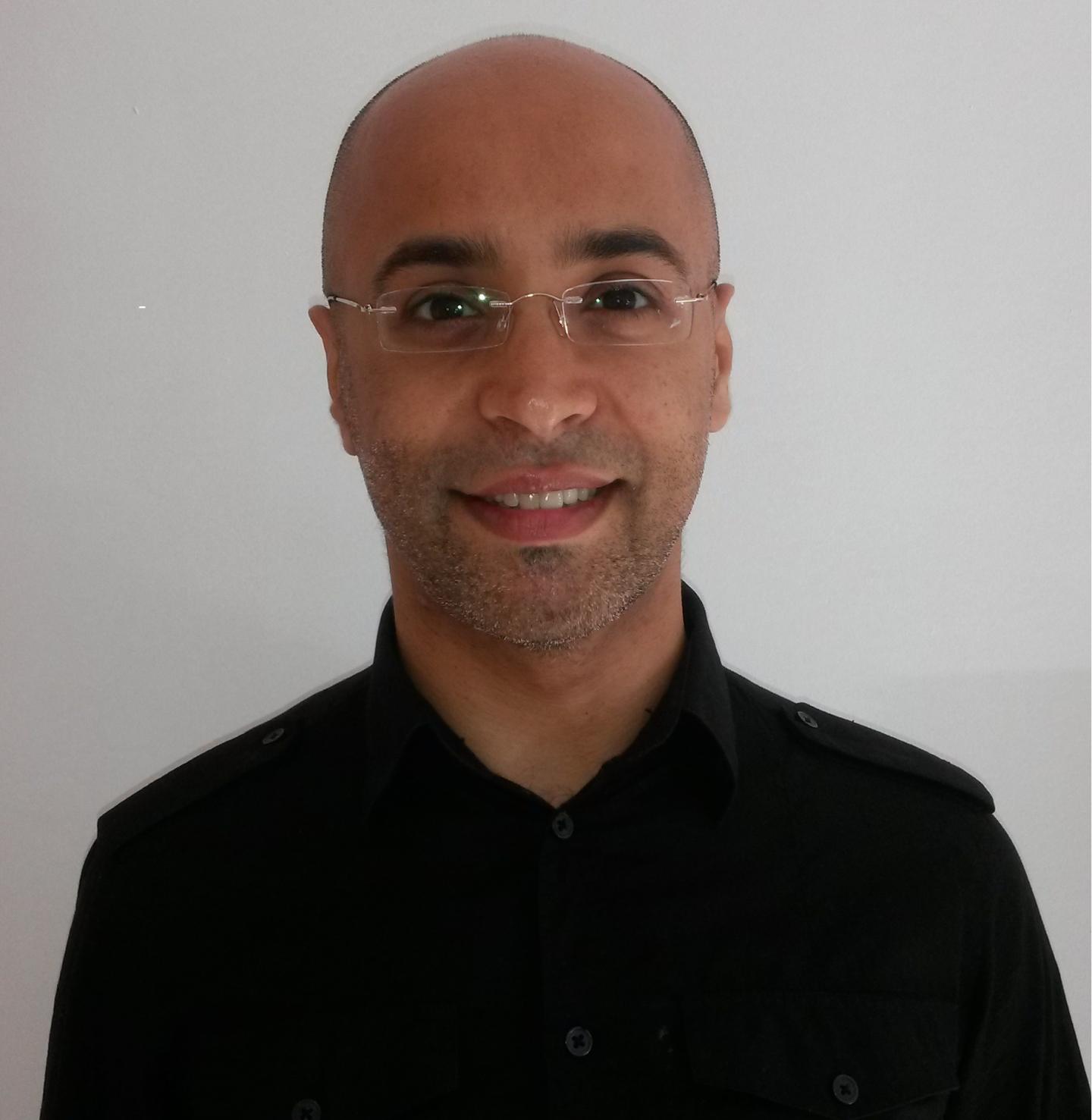
Credit: Mohamad El Haj
The patient is a retired teacher who had reported memory difficulties 12 months prior to the study. These difficulties referred to trouble remembering names and groceries she wanted to purchase, as well as frequently losing her papers and keys. According to the patient and her husband, the main difficulties that she encountered were related to prospective memory (e.g., forgetting medical appointments or to take her medication).
To help her with her symptoms, Mohamad El Haj, a psychologist and assistant professor at the University of Lille, proposed Google Calendar, a time-management and scheduling calendar service developed by Google. The patient accepted as she was already comfortable using her smartphone. She also declared that she preferred the application as it offers more discrete assistance than a paper-based calendar.
With the patient and her husband, Dr. El Haj and his colleagues defined several prospective omissions in the patient, such as forgetting her weekly medical appointment, forgetting her weekly bridge game in the community club, and forgetting to go to weekly mass at the church. These omissions were targeted by sending automatic alerts, prompted by Google Calendar, at different times before each event (e.g., the medical appointment).
The researchers compared omissions before after the use of Google Calendar, they observed less omission after implementing the application.
The study is the first to suggest positive effects of smartphones applications on everyday life prospective memory in Alzheimer's disease. The findings, published in Journal of Alzheimer's disease, are encouraging, however, Dr. El Haj notes that this is a case study and therefore entails a few limitations, including generalizability of the results. The current, anecdotal findings require a larger study, not only to confirm or refute the findings reported here, but also to address challenges such as the long-term benefits of Google calendar.
Regardless of its potential limitations, Dr. El Haj notes that this study addresses memory loss, the main cognitive hallmark of Alzheimer's disease and the major concern of the patients and their families. By demonstrating positive effect of Google Calendar on prospective memory in this patient, Dr. El Haj hopes that his study paves the way for exploring the potential of smartphone-integrated memory aids in Alzheimer's disease. The future generation of patients may be particularly sensitive to the use of smartphones as a tool to alleviate their memory compromise.
###
Media Contact
Mohamad El Haj
[email protected]
33-032-041-7205
@IOSPress_STM
http://www.iospress.com





